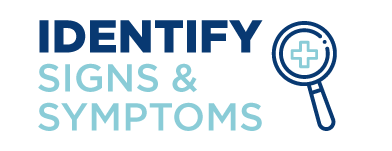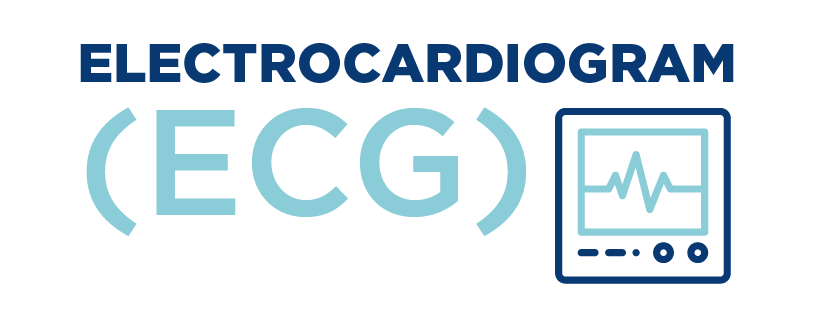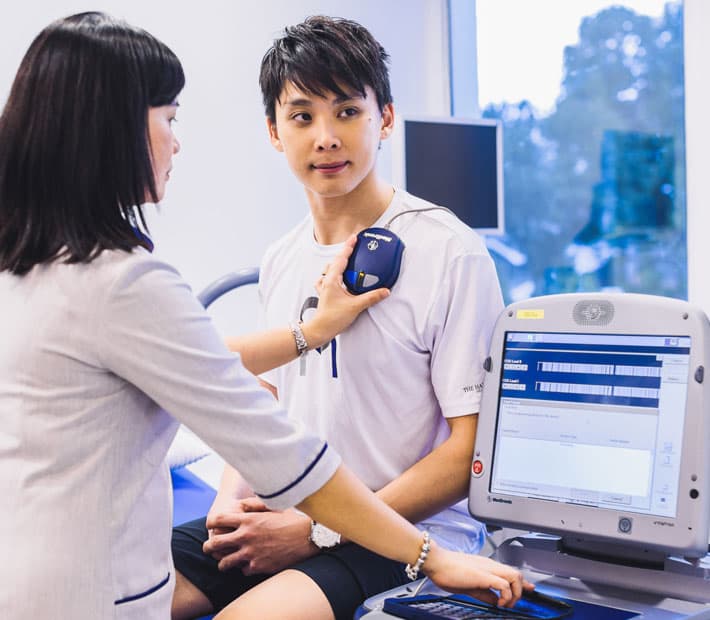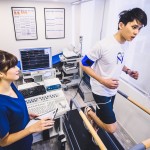CARDIAC TESTS

Our cardiac tests identify evidence and high risk factors suggestive of heart disease.

A common non-invasive test that records your heart rate and rhythm to help evaluate your cardiac condition.

Cardiac investigations are essential for people with symptoms suggestive of heart disease. They are also appropriate for people without symptoms but who have risk factors associated with an increased risk of heart disease.
The most common test is the ECG or electrocardiogram. It provides information on the general health of the heart, the conduction system and any previous heart attack.
Information on it and other specialised cardiac investigations is provided below.
Electrocardiogram (ECG)
Exercise Treadmill Test (ETT)
Exercise Stress Echocardiography (ESE)
Dobutamine Stress Echocardiography (DSE)
Transthoracic Echocardiogram
24 Hour Ambulatory Blood Pressure Monitoring
24-Hour Holter Monitor
Cardiac Event Recorders
Tilt Table Test
Carotid Intima-Media Thickness Test
Cardiac Computed Tomography (CT)
Coronary Calcium Score
Cardiopulmonary Exercise Test
Coronary Angiogram
Electrophysiological (EP) Study
Myocardial Perfusion Imaging
Permanent Pacemaker (PPM) Insertion



